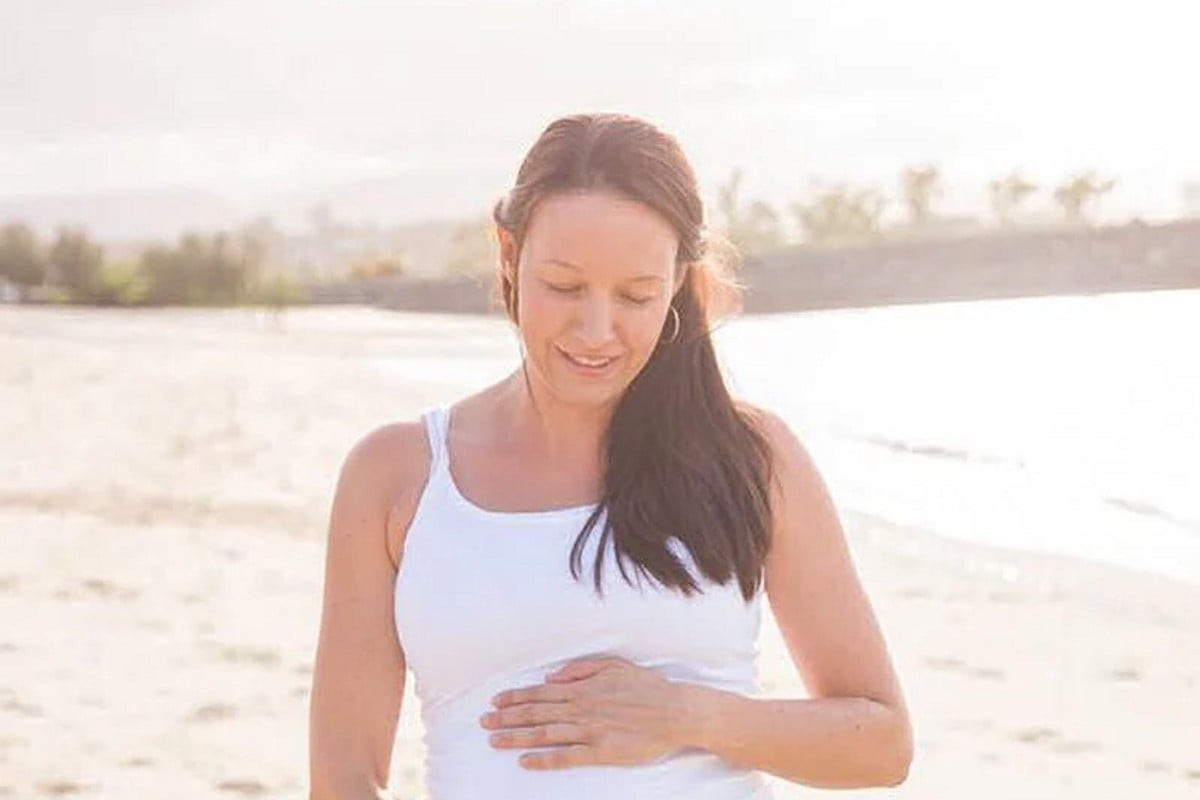
When my third son was 10 days old, I knew deep in my bones that something was "wrong."
Before he was born, I had done everything right. I wasn't sure what was happening or why, but I could feel it, life was about to change.
But I'm getting ahead of myself.
As a mother of two, I wanted to be the best mother I could possibly be. I wanted to be a good mother.
Watch: For more context, the author of this piece, Amanda Jackson, explains why she started her company — and what pushed her to rewrite the rules of motherhood. Post continues below.
We all know the "good" mother. She's self-sacrificing. She knows she has the most important job in the world. She never complains. She enjoys this work, and it comes naturally to her. She is always well-presented, her house is immaculately organised and it runs efficiently. She's financially independent but never at the expense of her children. She is always available, kind and patient with her children. She attends and volunteers, but she is not boastful about her efforts. And she engages in self-care to ensure she can keep nourishing her family.
But the "good mother" doesn't actually exist.




























































































